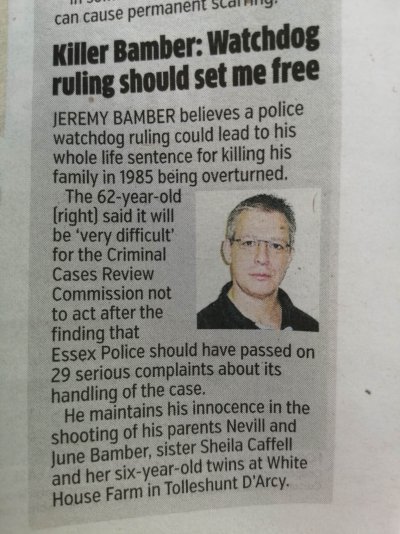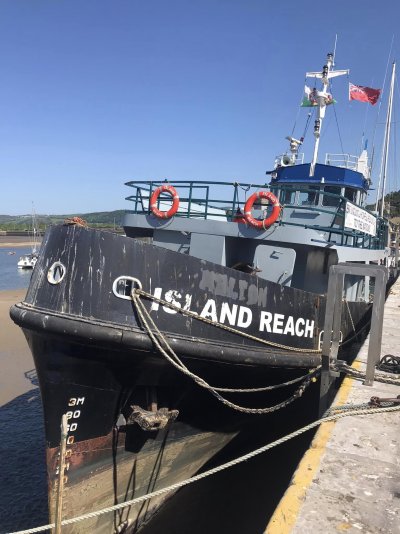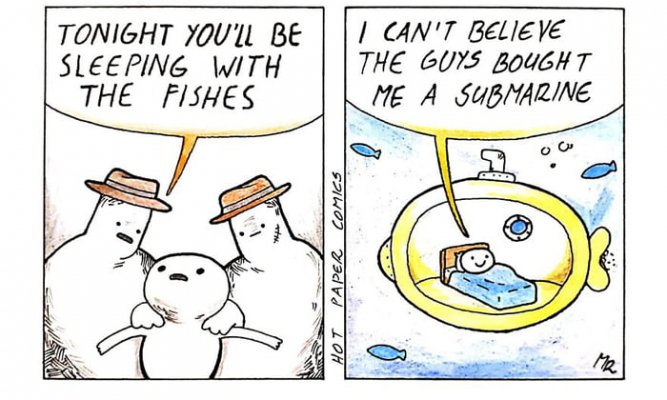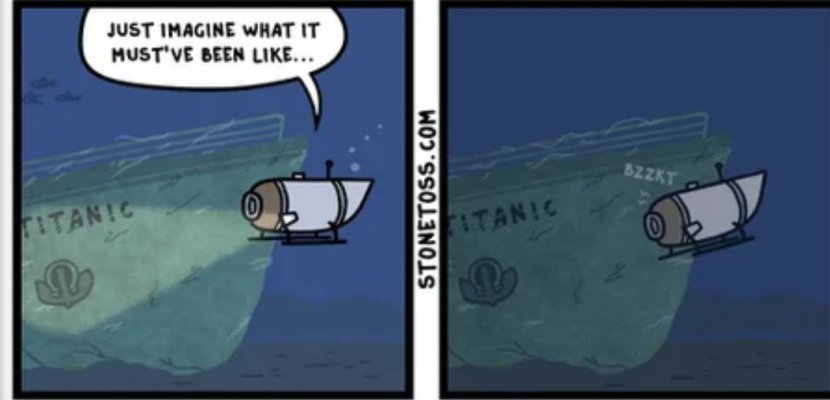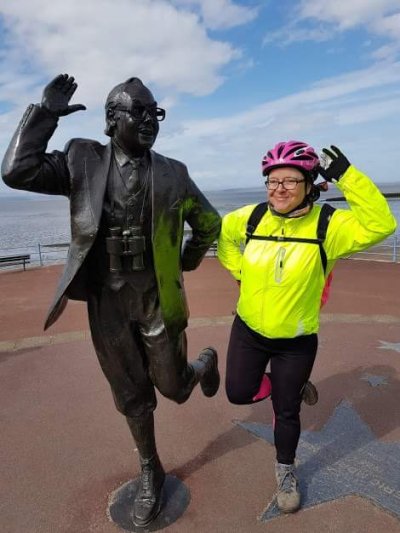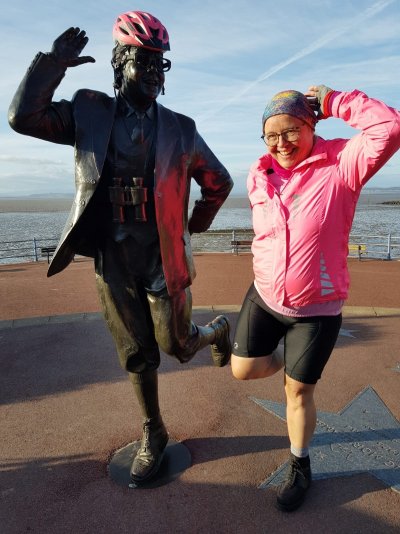escargot
Disciple of Marduk
- Joined
- Aug 24, 2001
- Messages
- 47,426
- Location
- Tending the grave of Mad Carew
A while ago I started reading a book on Kindle about the White House Farm murders.
It's In Search of the Rainbow's End, by Colin Caffell, father of the young twin boys who were killed.
I can't face much of it at a time but working in the site where I first picked it up reminds me.
So I was there again last night, and thought about Colin and his children as usual, then leafed through the Metro for the crosswords.
There I found an article about Jeremy Bamber's latest attempt to gain his freedom.
It's In Search of the Rainbow's End, by Colin Caffell, father of the young twin boys who were killed.
I can't face much of it at a time but working in the site where I first picked it up reminds me.
So I was there again last night, and thought about Colin and his children as usual, then leafed through the Metro for the crosswords.
There I found an article about Jeremy Bamber's latest attempt to gain his freedom.


